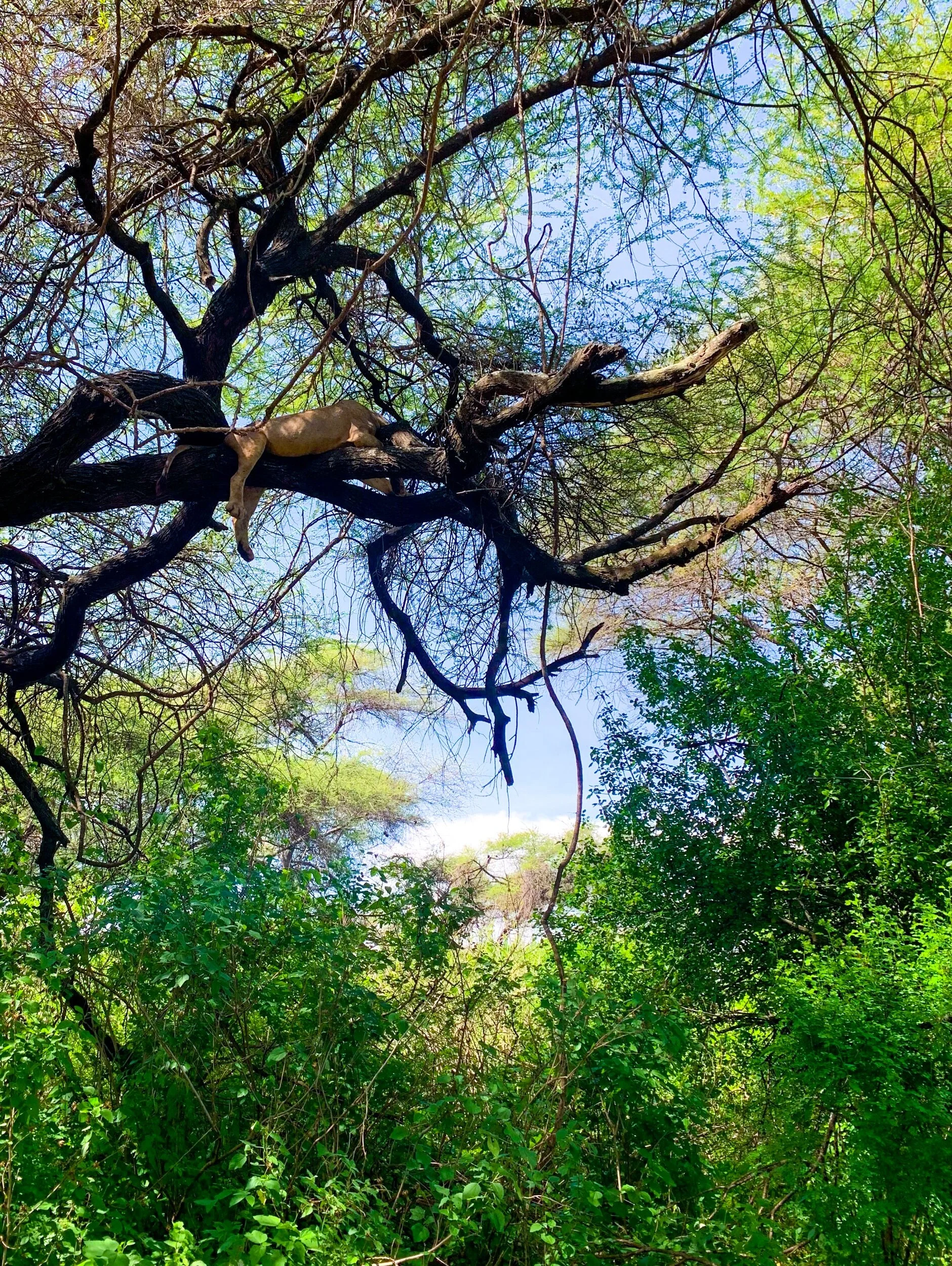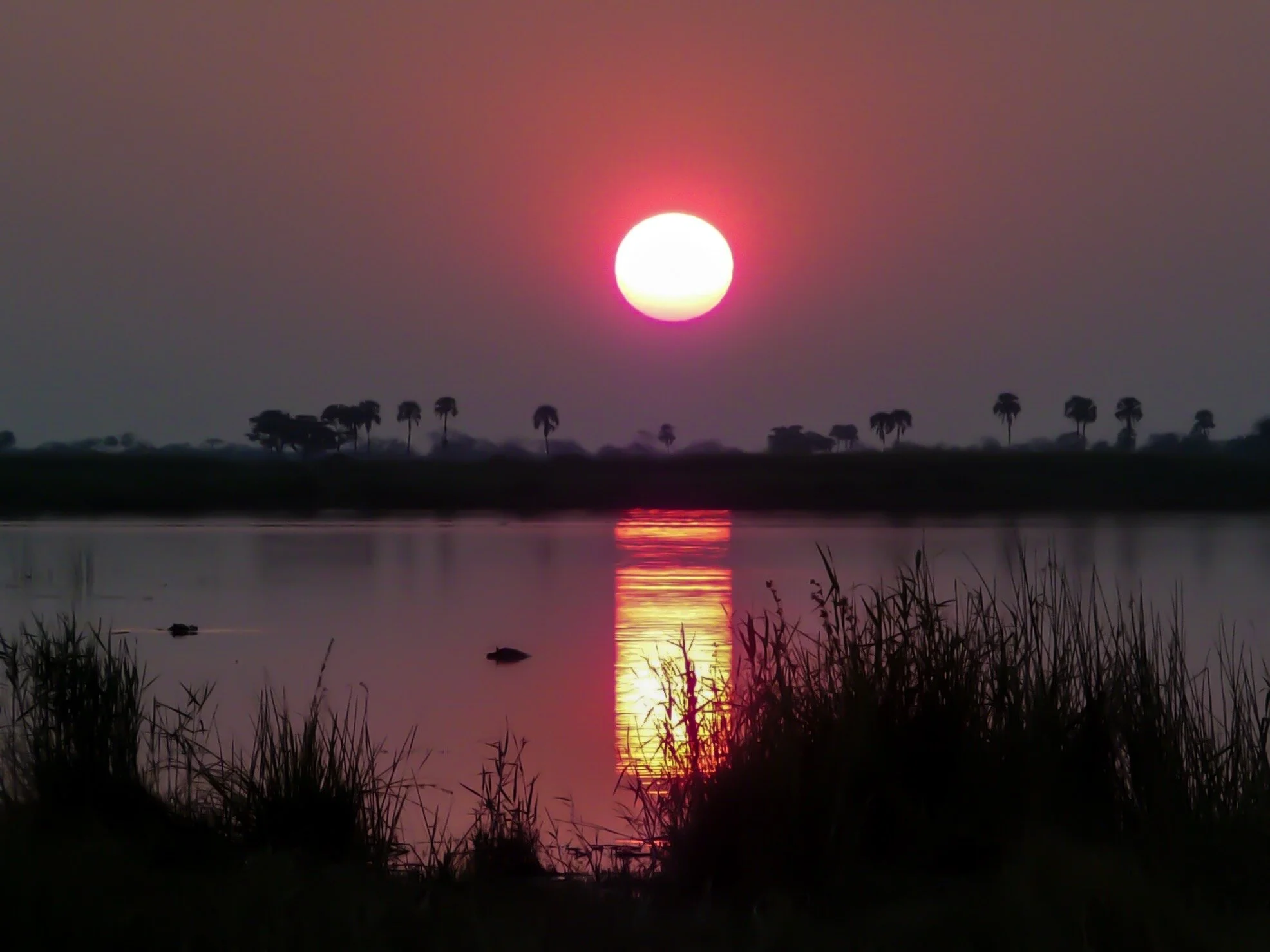Perseverance. Tenacity. Stick-with-it-ness.
One of my favorite quotes of all time champions this trait:
“Nothing in this world can take the place of persistence. Talent will not: nothing is more common than unsuccessful men with talent. Genius will not: unrewarded genius is almost a proverb. Education will not: the world is full of educated derelicts. Persistence and determination alone are omnipotent.”
—Calvin Coolidge
I get chills every time I read it.
I believe education, as an institution, is the most important thing in the world.
But in terms of personal qualities and personal character, persistence ranks high at the top. I like to call it ‘resolve,’ because to me that implies you are actively forging a personal contract. You resolve to do something, no matter what. You doubt, you fear, you worry, but you resolve yourself, which is stronger, which is the foundation, so those other things fade away.
If you were to build a human from scratch, what qualities would you give him or her? For me, resolve would be one of them. If you created a person and gave them just 4 things—openness, respect, earnest, and resolve—(s)he would be pretty set. Regardless of environment or circumstances, (s)he would have a great foundation to become an incredible human being.
What if we developed and strengthened these qualities collectively, globally, as a species? Through an infinite myriad of miracles, we already are, but what if humanity as a whole was these things? Do visions of a united global utopia come to mind?
There might be no such thing as a utopia, but we can all strive to emulate the qualities we deem important to being a good human. And if enough of us do that, we will witness it in each other, and connect. We will unite. Our consciousness will become global. Insurmountable problems will become challenges, and we will inspire each other to address and conquer them. We will inspire each other to change, to adapt, to thrive.
An unknown monk put it this way:
“When I was a young man, I wanted to change the world.
I found it was difficult to change the world, so I tried to change my nation.
When I found I couldn’t change the nation, I began to focus on my town. I couldn’t change the town and as an older man, I tried to change my family.
Now, as an old man, I realize the only thing I can change is myself, and suddenly I realize that if long ago I had changed myself, I could have made an impact on my family. My family and I could have made an impact on our town. Their impact could have changed the nation and I could indeed have changed the world."
We can do this. We must do this. It is the defining moment of our species and perhaps our world.
We just need to start with ourselves.








